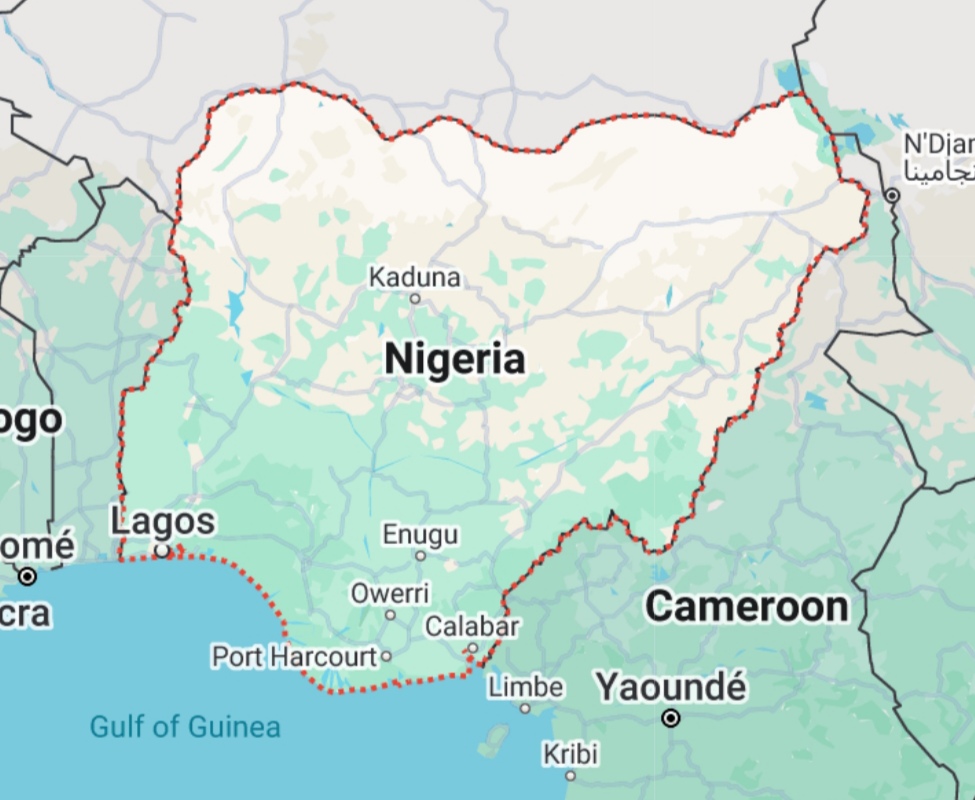Nigeria’s Broken Promise: When Citizens Must Become the Change
By Eke Chioma
Nigeria’s status as the “Giant of Africa” has become increasingly difficult to reconcile with its current realities. Once a nation of immense potential, today’s Nigeria struggles with an unstable economy, rampant insecurity, and political turmoil. Throughout March, the country has resembled an ungoverned space where accountability seems optional—particularly for the elite.
While Nigeria technically has a robust legal framework, there’s a striking disparity in how these laws are applied. The wealthy and politically connected operate with near impunity, while ordinary citizens bear the full weight of the system. Politicians demonstrate a willingness to go to extraordinary lengths to maintain their grip on power and resources, turning the nation into what feels like a theater of the absurd where both politicians and citizens play predetermined roles.
Many Nigerians now wonder if the country can ever reclaim its former stability. The answer lies squarely with its citizens. Each day brings fresh headlines about economic collapse and spiraling inflation, yet the populace largely responds with resigned acceptance—a quality once celebrated as resilience but increasingly exploited by leadership. This silence enables continued corruption and mismanagement, with dissenting voices quickly silenced through intimidation.
The recent case of Raye exemplifies this troubling pattern. After speaking out about economic hardships and questioning government accountability, she faced threats from NYSC officials—a disturbing reminder that constitutional rights to free expression often exist only on paper. Such incidents should catalyze a movement against corrupt governance, yet the response remains fragmented.
More distressing is how some Nigerians actively defend the status quo despite personally suffering under it. For a nominal sum—as little as two thousand naira—citizens will publicly support politicians working against their interests. During the recent Akpabio-Natasha controversy, women mobilized to defend Akpabio, raising questions about whether such demonstrations represented genuine support or purchased loyalty.
Nigeria’s political trajectory reveals a troubling cycle. During Goodluck Jonathan’s administration, despite relative currency stability and affordable fuel, many Nigerians demanded change—primarily due to security concerns with Boko Haram. This led to Buhari’s election, under whose leadership the economy deteriorated, the naira weakened, and insecurity expanded beyond the northeast. Farmers were killed or kidnapped on their land, and police brutality reached unprecedented levels, culminating in the ENDSARS protests. The government’s violent response on October 20, 2020, resulted in bloodshed rather than reform.
Yet this tragedy failed to break the cycle. The 2023 elections brought Tinubu to power, whose immediate removal of fuel subsidies triggered an economic nightmare. Living costs have skyrocketed, with the middle class sliding into poverty and minimum wage insufficient to purchase basic necessities like a bag of rice. Meanwhile, politicians continue their luxurious lifestyles, taking expensive trips and educating their children abroad while businesses collapse, hunger spreads, and crime rates surge as citizens pursue survival by any means necessary.
Perhaps most frustrating is the predictability of Nigeria’s political narrative. Each administration seems to follow the same failed playbook, with no genuine commitment to progress or national development. Even younger generations can recognize this pattern, while older Nigerians who have witnessed this cycle repeatedly often choose resigned silence.
The uncomfortable truth is that Nigeria will not improve through passive hope or incremental adjustments. Meaningful change requires collective action—challenging though it may be. Citizens must vocally hold politicians and leadership accountable for their failures. Silence has proven ineffective as a strategy for change. If Nigerians truly desire a different future, they must be willing to make noise.
Eke Chioma is a student of Mass communication at The Nigeria Television College Jos..


